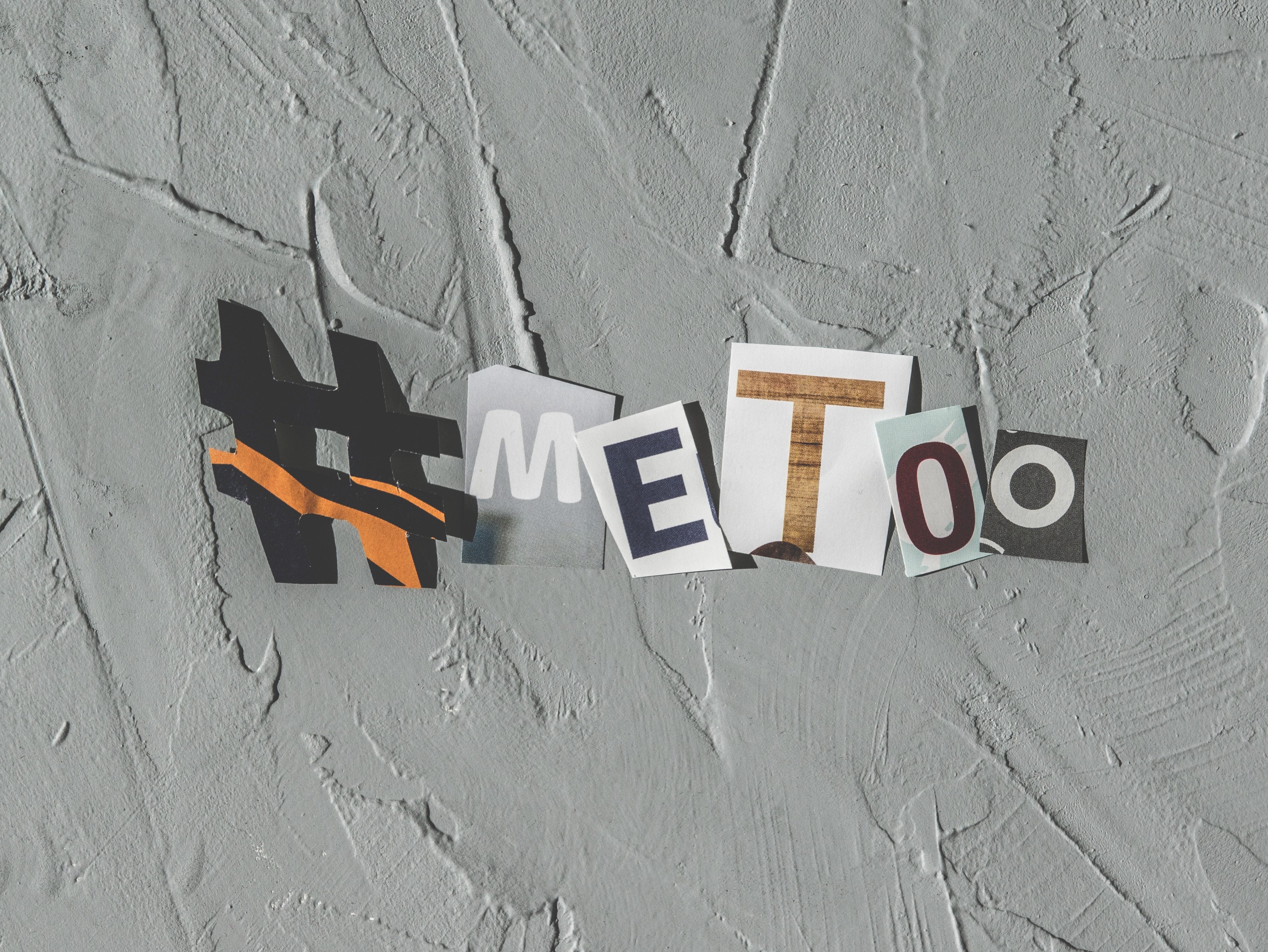
Almost a third of women (30 per cent) working in the Scottish media have been sexually harassed at work, according to new research carried out by campaign group Women in Journalism Scotland.
The survey of 177 women found that almost half (48 per cent) had experienced lewd or sexist behavior in the workplace more than three times, while 60 per cent had heard lewd or sexist language used at work, also on more than three occasions.
One in ten of those who took part said they had been sexually assaulted at work, and 43 per cent had experienced unwanted sexual advances.
Half of the women who said they had been sexually harassed at work said it had happened more than three times.
Libby Brookes, co-chair of Women in Journalism Scotland, said: “Sadly, it comes as no great surprise that media and communications suffer the same endemic levels of sexism and sexual harassment as all other industries. The situation is compounded, as in other industries, by the fact that most senior roles in the media are still occupied by men.
“However, given that it is our job to investigate, report and translate events to the wider public, it’s especially important that these stories are not presented through a filter that is hostile to women.
“All employers have a responsibility to ensure that their workplaces are safe and equal environments to work in. But it is up to individuals of both sexes not to enable or collude in this sort of behaviour through their silence.”
The survey was carried out in the wake of the worldwide #MeToo movement, which was sparked by allegations against Hollywood producer Harvey Weinstein and has resulted in many women speaking up about their experiences with sexual assault.
The research also revealed that a third of respondents had experienced having abusive or threatening comments directed at them online.
A survey by the Centre for Media Engagement in Texas, released in April, found that “almost all” of the 75 female journalists across the UK, US, Germany, India and Taiwan included in the research had experienced some form of targeted harassment online.
Brooks said: “We look forward to more discussion about the recent report on Scotland’s hate crime laws, commissioned by the Scottish government, which recommended new provisions to tackle sexist online bullying.”
The Women in Journalism in Scotland survey was completed by 25 female journalists in digital media, 42 in broadcasting, 58 in print media and 52 in public relations and communications.
The vast majority of the respondents were white and able-bodied. The biggest age group to respond was 35-44 (36 per cent) followed by 45-54 (27 per cent) and 25-34 (22 per cent).
Of those who complained to HR over alleged sexual harassment, just one in four said the complaint was dealt with to their satisfaction.
Thirty-eight per cent of those who said they had experienced sexual harassment at work said they did not report it because they were concerned it would negatively impact their career.
Of those who complained about sexual assault three-quarters said it had been dealt with satisfactorily, although 32 per cent of women who experienced it did not report for fear of impacting their career.
Picture: Lum3n.com/Pexels
Email pged@pressgazette.co.uk to point out mistakes, provide story tips or send in a letter for publication on our "Letters Page" blog
